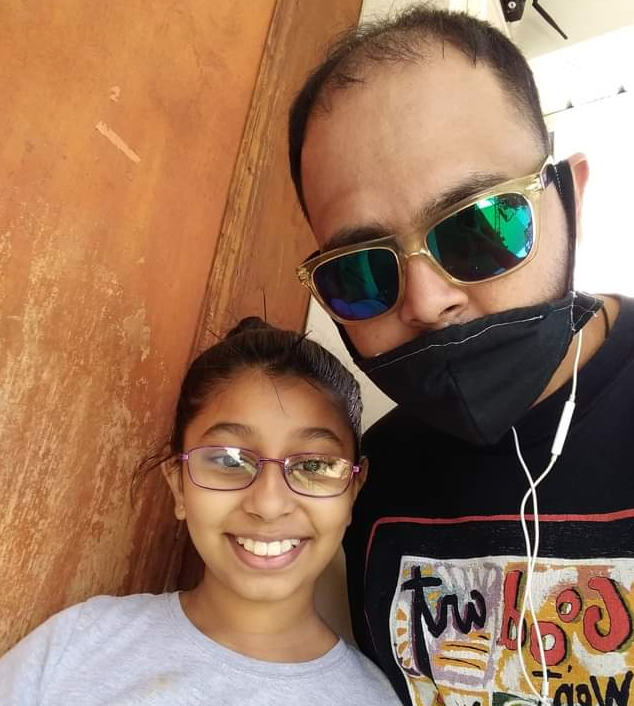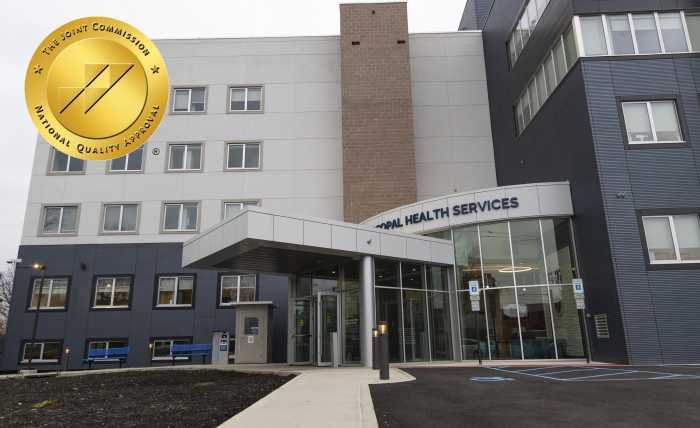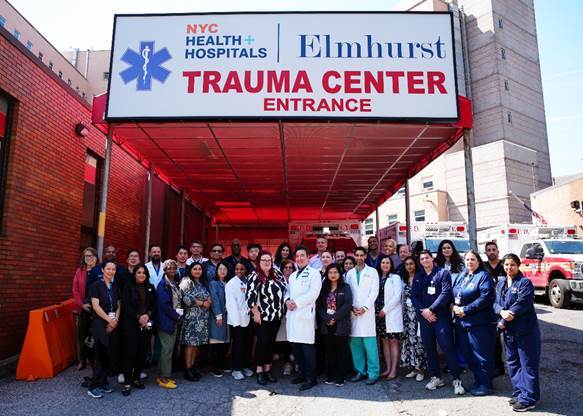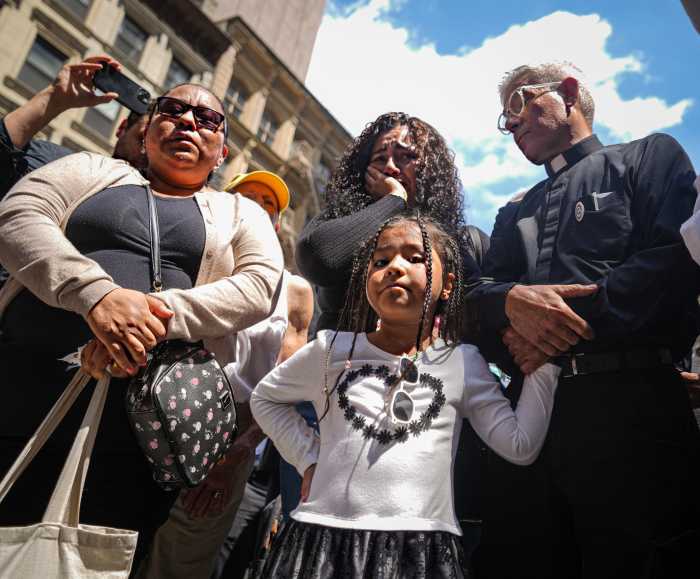After battling the worst form of epilepsy for 15 years, Gavin Deo, 35, of Jamaica, is finally seizure free and able to spend quality time with his family, especially his daughter, during the holidays.
“I can get back to work, and hopefully start driving again,” said Deo, who suffered symptoms of epilepsy including seizures, abnormal movements or behavior due to unusual electrical activity in the brain.
Epilepsy is the fourth most common neurological disorder and affects people of all ages, according to the Epilepsy Foundation. Having seizures and epilepsy can affect one’s safety, relationships, work, driving and so much more. Public perception and treatment of people with epilepsy are often bigger problems than actual seizures.
Deo’s drug-resistant seizures would strike without warning and occurred multiple times per week, causing convulsions and loss of consciousness to the point where he feared leaving home. During this time, he needed to be closely monitored by family and friends, and guided through daily tasks.
According to Deo, his entire life was “hijacked by seizures.”
“I could no longer drive or work. The frequency of my seizures took a heavy toll on my family, especially my relationship with my 10-year-old daughter,” Deo said.
In 2009, Deo met Dr. Reza Zarnegar, an epilepsy neurologist at NewYork-Presbyterian Queens Hospital, while admitted in the emergency department for a violent seizure. Ten years later, after another seizure, the two met again in the exact same place. This second encounter would change Deo’s life.
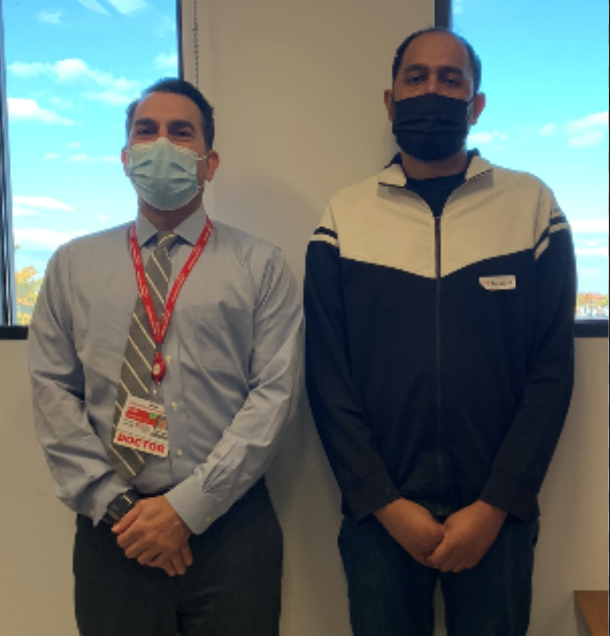
Following the meeting, Zarnegar became Deo’s primary neurologist and recommended an innovative and intricate two-part brain surgery.
In July 2021, Deo’s surgery was performed by renowned neurosurgeon Dr. Theodore Schwartz at NewYork-Presbyterian/Weill Cornell Medical Center.
During the procedure, electrodes were implanted directly in Deo’s brain to record and pinpoint the seizure’s location. A few days after this monitoring, Schwartz then removed that particular small portion of the brain causing the seizures.
After countless medications and a decadelong hunt for a cure, Deo is now embracing a life without seizures.
“From our first meeting I knew if Gavin could just overcome his seizures, he would excel in his career and other aspects of his life,” Zarnegar said. “Epilepsy is a painful secret for so many, as patients fear the stigma and discrimination. However, with cutting-edge advances in epilepsy treatment, and appropriate medical care and healthy lifestyle habits, most people with epilepsy can go on to live a normal and full life.”
While Zarnegar will continue to monitor him to determine the longer-term results of the surgery, Deo is thankful to have a piece of his freedom back. He is happy and healthy, and feels stronger and more capable than ever.
Recognized as New York’s No. 1 neurological program, as ranked by U.S. News & World Report, NewYork-Presbyterian is home to two Level 4 Comprehensive Epilepsy Centers, as designated by the National Association of Epilepsy Centers — the highest rank attainable. People treated at NewYork-Presbyterian/Columbia University Irving Medical Center and NewYork-Presbyterian/Weill Cornell Medical Center have access to internationally renowned experts in epilepsy care.

